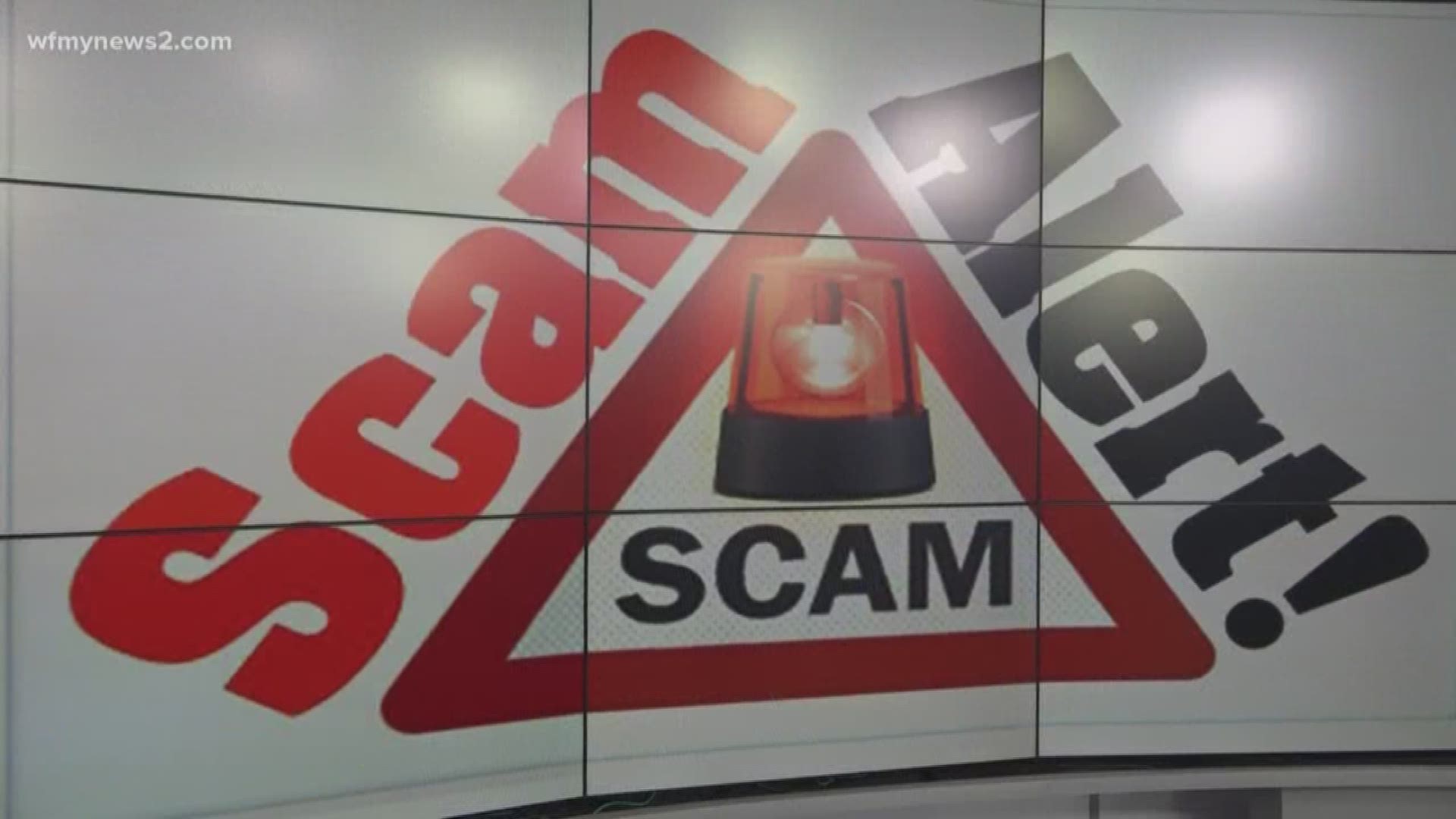GREENSBORO, N.C. — An e-mail from your boss is not something you want to ignore, and Lechelle Yates with the Better Business Bureau says scammers know it.
“So they use that to their advantage,” she said. “The volume of these emails is up 50% so far this year. Every business, every nonprofit, every federal state and local government is at risk for falling for one of the fake emails.”
But it's not just your boss. It could be a client, a contractor, an employee or a friend. But all the fake emails are asking for something that is money related.
“You need to be on the lookout for bogus invoices from your vendors, suppliers or contractors,” Yates said. “And emails from employees claiming they want to change the bank account their paychecks are deposited in. Or ones asking you to purchase gift cards as a way to thank clients or employees.”
That was the case for the email David Moff got.
“In this instance they asked us to scratch the (gift card) numbers off so they could have it for their records,” Moff said. “If there's any question just pick up the phone and ask the sender. I've had a few instances where I’ve had someone call and then I say, no, that's not from me.”
Here's another thing that makes it seem real, the email has the real person's name at the top. But if you hoover your mouse over that name, the real e-mail address shows up. In Moff’s case the e-mail came from a Hotmail account.
A study by the BBB looked into who is sending these messages. They found research that 90% of groups operate out of Nigeria.
- 'It's Evil': Woman Saves For A Home Only For Scammer To Steal Her Money
- Match.com owner accused of duping people into subscribing with fake love letters
- Do Not (And We Can't Stress This Enough) Press 1 If You Get This Call
- Victim Lost $750K in Dating Scam, Suspects Arrested
- Can You Get A Jury Duty Summons Through Facebook Messenger?
- Operation Root Canal: High Point Dentist Must Pay $567,125 In Settlement For Unnecessary Procedures, Medicaid Fraud: NCDOJ

